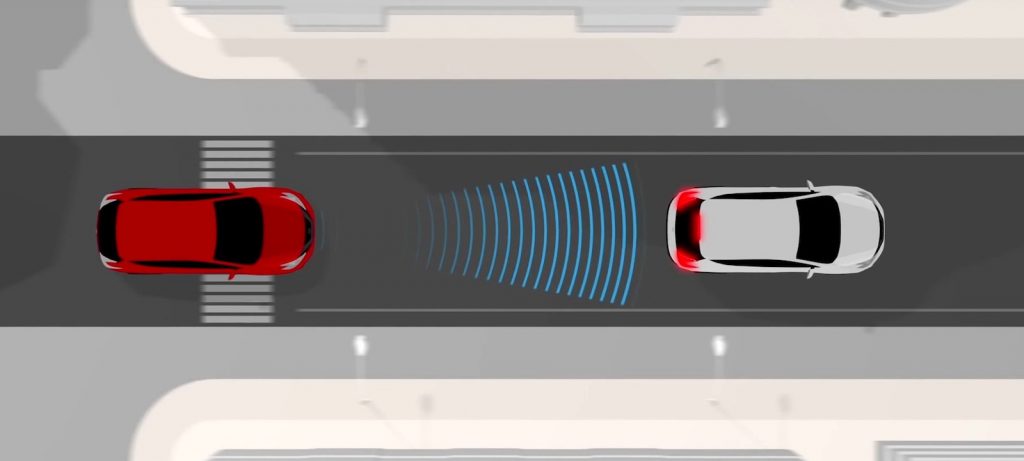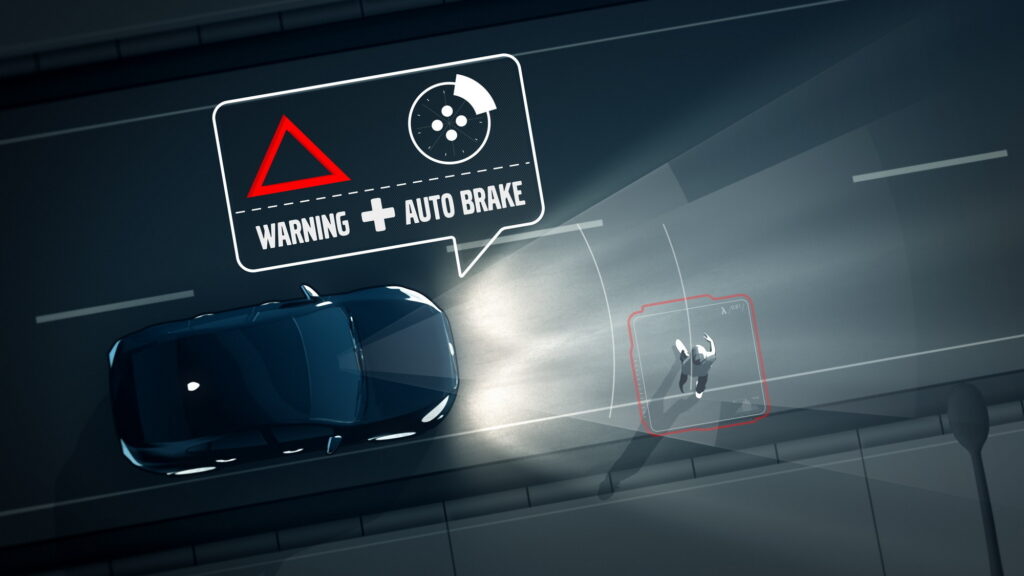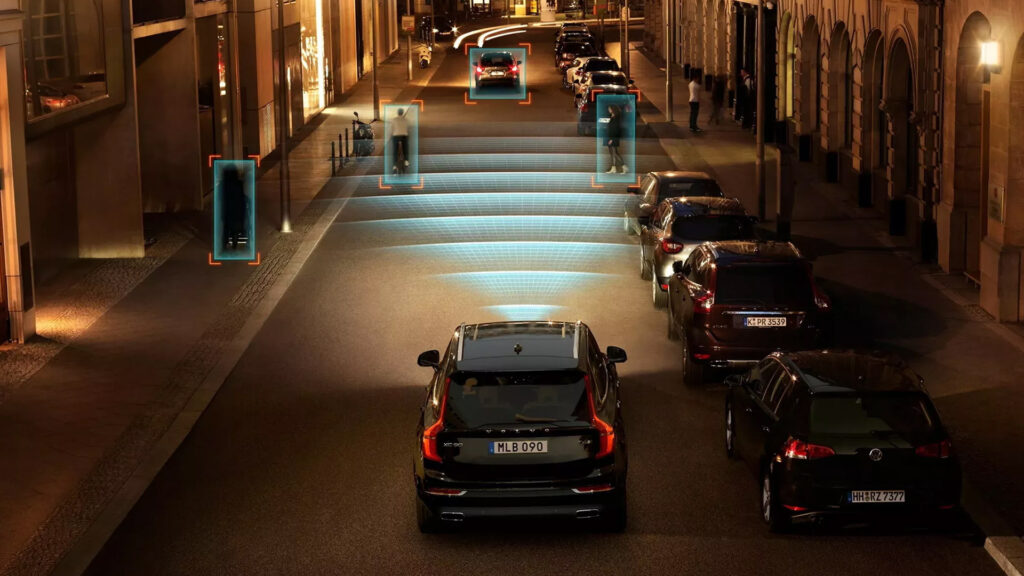- The group represents brands including BMW, Ferrari, Toyota, VW, Honda, Hyundai, and Kia.
- Its president has described the regulation as a “disastrous decision” by the safety regulator.
- The NHTSA believes its strict new AEB requirements can save 362 lives annually and slash injuries.
The Alliance for Automotive Innovation has sued the US Department of Transportation (DoT) to try and repeal regulations necessitating almost all new cars and trucks to have automatic emergency braking (AEB) systems by 2029. Despite the lawsuit, the group insists that it does not oppose AEB, nor does it have a lack of confidence in the technology.
In April 2024, the National Highway Traffic Safety Administration (NHTSA) finalized a rule requiring “all cars to be able to stop and avoid contact with a vehicle in front of them at speeds up to 62 miles per hour” and to detect pedestrians in both daylight and darkness. The rule also says AEB systems must automatically apply a vehicle’s brakes at speeds up to 90 mph when a collision with another car is imminent, and up to 45 mph when a pedestrian is detected.
Read: Automakers Want NHTSA To Slow Compulsory Auto-Brake Rollout
The Alliance for Automotive Innovation, which represents brands such as BMW, Ferrari, Ford, GM, Honda, Hyundai, JLR, Kia, Mazda, Mercedes, Toyota, and VW, opposes the ruling. Its president and CEO, John Bozzella, argues that the requirements are “practically impossible with available technology.”
He described the decision as a “disastrous move by the nation’s top traffic safety regulator that will endlessly—and unnecessarily—frustrate drivers, make vehicles more expensive, and, ultimately, won’t significantly improve driver or pedestrian safety.”

In a letter to Congress in mid-2024, Bozzella recommended that the NHTSA adopt standards similar to those in Europe, where systems detect “a potential forward collision” and warn the driver. These systems also “automatically engage the braking system to prevent or mitigate a collision using existing crashworthiness features designed to better protect road users.”
In a post-election letter to Donald Trump in November 2024, the association noted that this mandate is “inconsistent with regulations implemented in other parts of the world” and urged the new administration to “re-open the AEB rule.”
According to the lobby group, the auto industry has already invested more than €1 billion in developing AEB systems. In 2016, automakers voluntarily agreed to deploy AEB on all new vehicles by 2025.
The NHTSA believes its strict new AEB requirements can save 362 lives annually and reduce more than 24,000 injuries.




